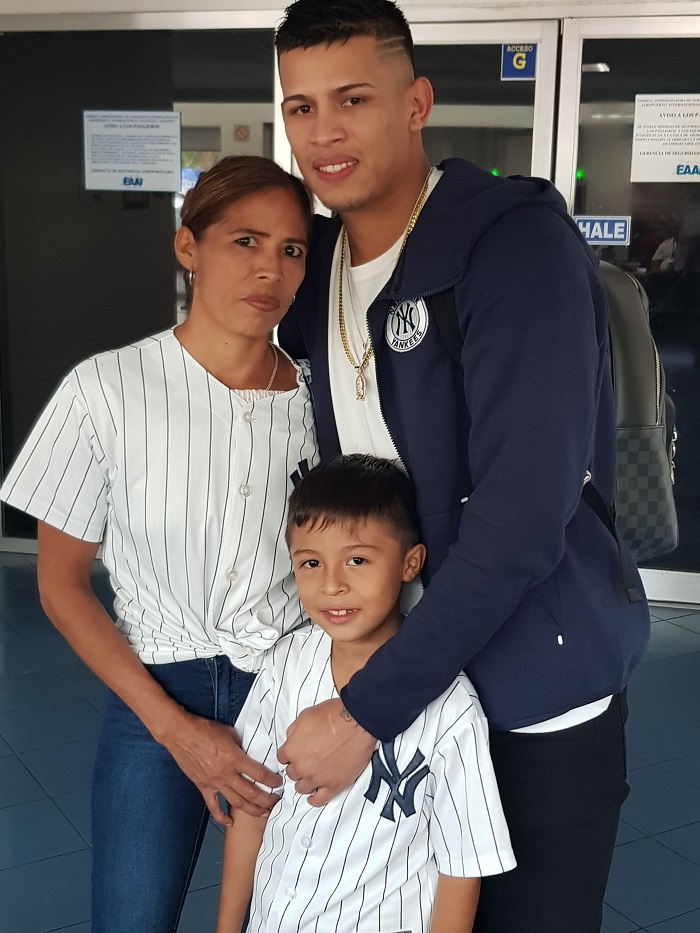We are not drug traffickers: FARC
Submitted by WW4 Report on Wed, 02/27/2013
One of the leaders of Colombia’s largest guerrilla group, the FARC, on Feb. 24 said that they are not a drug trafficking organization and though they have entered into peace negotiations with the government, they have not relinquished their aim to "take power." Rodrigo Granda, considered the FARC's foreign minister, told newspaper El Colombiano that the accusation that the FARC is nothing but a drug trafficking organization "is a shame." Referring to the four countries that have observed the peace process thus far, he said: "We are not drug traffickers, we are an organization with clear political policy ideas and for this reason the government is obliged to sit down and talk with us. Colombia would not sit down with a group of drug traffickers, Cuba would not sit as a guarantor with a group of drug traffickers, Venezuela and Chile would not sit down with a group of drug dealers, I don't think Norway has received a group of drug traffickers."
"We have not given up on taking power," Granda said. "What happens is that our strategic plan takes various forms. From Marquetalia [where the FARC was founded in 1964], Marulanda [FARC's founder] and his men saw that it was possible to develop non-violent, unarmed confrontation... We arrived in Havana and said that if the gates are opened and the political environment changes where no Colombian can be killed for their political ideas [then we will have opened] the gates to a democracy."
But he also expressed wariness of working with the state. "We have a sad history, the largest political genocide on the continent, [was] that of the Patriotic Union [which left] 5,000 people dead." The Patriotic Union (UP) party was formed in 1985 by the FARC and the Colombian Communist party as a result of peace talks between the rebels and the administration of Belisario Betancur. "The causes which [allowed] the extermination of the UP have still not been exterminated. What guarantees do we have in this moment?"
The rebel negotiator also criticized Colombia's Prosecutor General Alvaro Ordoñez, who said that leading FARC rebels should not be allowed to participate in politics if the peace process is successful. "This prosecutor is a strange man, like something out of the basements of the age of the Inquisition," said Granda. "He seems unaware that here [in Cuba, where the peace talks are taking place] are some eminent political dialogues... We are [here] to stop a war of almost 60 years. No one is going to ask any of us to hand over the weapons and then [go] to prison. No revolutionary will do this."
Granda was arrested in 2004 by Venezuelan police and taken to the Colombian border, where Colombian authorities awaited him. In 2007, he was released after then-French president Nicolas Sarkozy asked the Colombian government for his liberation under a "humanitarian exchange" between the guerillas and the government. (Colombia Reports, Feb. 25)
The FARC also responded to charges that it is responsible for stealing hundreds of thousands of acres of land from the people in its zones of control. Contrary to figures from the government's Land Restitution Unit finding that 37% of all displacements are attributed to guerrillas, Ivan Márquez, the guerillas' chief negotiator, said they are not the ones to blame.
"They disfigure reality... [I]n a badly intentioned and perverse form, they try to divert [attention] from the causes and from who is truly responsible for the robbery of close to 8 million hectares," said Márquez. The sum recently named by the government for land stolen by the FARC is equivalent to 19.7 million acres.
Márquez implied the charges were aimed at sabotaging the peace process. "We hope the government does not abuse the table. We call on the Colombian people to mobilize in defense of the peace process, to not permit [the government] to rob us of this hope," he said.
President Juan Manuel Santos said Feb. 23 that if negotiations with the FARC did not advance, the government would not hesitate to call them off. The president had previously stated that the talks would not last past November of 2013. (Colombia Reports, Feb. 26)
Despite the talks in Havana, fighting continues in Colombia's war zones. A Feb. 25 attack attributed to the FARC's 48th Front, left one National Police troop and one civilian dead, and at least 13 more wounded, in southern Putumayo department. FARC guerrillas allegedly threw explosive devices into a restaurant in the town of San Miguel, where the majority of the local police force was having lunch. The perpetrators were said to have fled the scene on a motorcycle. (Colombia Reports, Feb. 26)
Tomado de http://ww4report.com/node/12041





![An American Tail [1986] [DVD5-R1] [Latino]](http://iili.io/FjktrS2.jpg)







